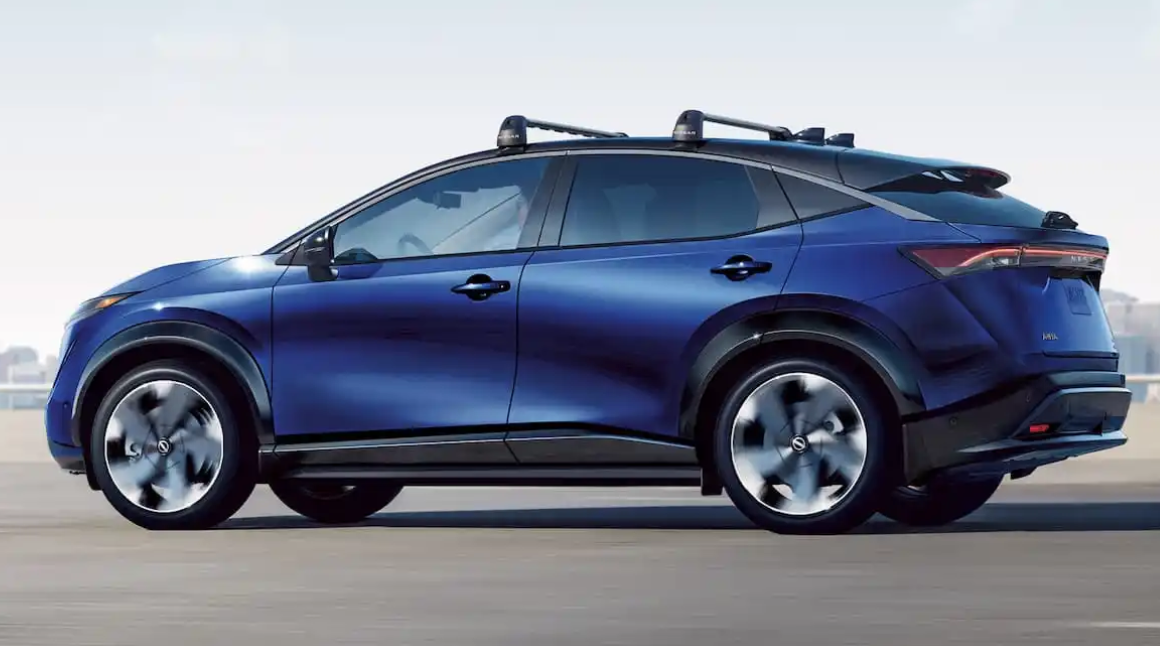
Nissan and Honda join forces to battle Chinese competition

Following a bumpy start, the production of the Nissan Ariya EV is now running smoothly /Nissan
Nissan and Honda are preparing to reduce their production capacities in China significantly. The two Japanese car manufacturers are findin


Comments
Ready to join the conversation?
You must be an active subscriber to leave a comment.
Subscribe Today